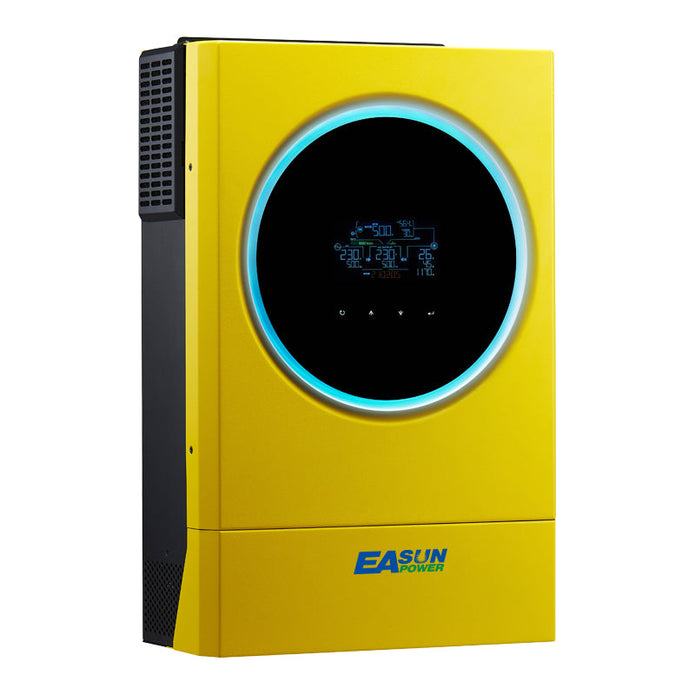Introduction to Self-Consumption Residential Solar Inverters
In the ever-evolving renewable energy industry, the self-consumption residential solar inverter has emerged as a pivotal technology. These inverters are designed to optimize the use of solar energy generated by residential solar panels, ensuring that homeowners can maximize their energy efficiency and reduce their reliance on the grid.

How Do Self-Consumption Residential Solar Inverters Work?
Understanding the functionality of a self-consumption residential solar inverter is crucial. These inverters convert the direct current (DC) generated by solar panels into alternating current (AC), which can be used by household appliances. But what sets them apart? They prioritize the use of solar energy for immediate household consumption, storing any excess energy in batteries for later use or feeding it back into the grid.
"Self-consumption inverters are designed to maximize the use of solar energy within the home, reducing dependency on external power sources and lowering energy bills."
Benefits of Using Self-Consumption Residential Solar Inverters
Why should homeowners consider investing in a self-consumption residential solar inverter? Here are some compelling reasons:
- Energy Efficiency: These inverters ensure that the solar energy generated is used efficiently within the home, reducing wastage.
- Cost Savings: By maximizing the use of solar energy, homeowners can significantly reduce their electricity bills.
- Environmental Impact: Utilizing solar energy reduces the carbon footprint, contributing to a greener planet.
- Grid Independence: With the ability to store excess energy, homeowners can become less reliant on the grid, ensuring a continuous power supply even during outages.
Choosing the Right Self-Consumption Residential Solar Inverter
When selecting a self-consumption residential solar inverter, several factors should be considered. These include the inverter's efficiency, capacity, and compatibility with existing solar panels and battery storage systems. Additionally, homeowners should look for inverters that offer smart monitoring features, allowing them to track energy production and consumption in real-time.
For instance, the Solar Inverter 12345 offers high efficiency and advanced monitoring capabilities, making it an excellent choice for residential use.
Conclusion
In conclusion, the self-consumption residential solar inverter is a game-changer in the renewable energy industry. By optimizing the use of solar energy, these inverters not only enhance energy efficiency but also provide significant cost savings and environmental benefits. As the world moves towards sustainable energy solutions, investing in a self-consumption residential solar inverter is a step in the right direction.
For more information, watch this video overview of how self-consumption residential solar inverters can transform your home's energy usage.
References
 ```
```



